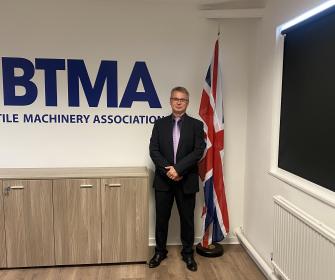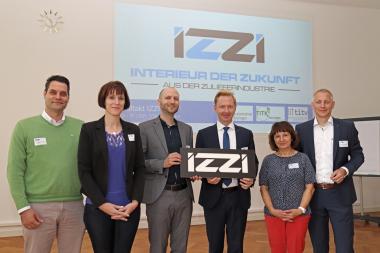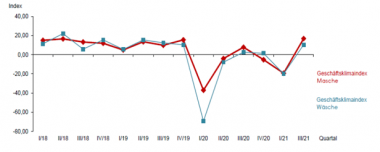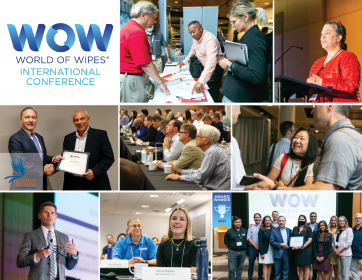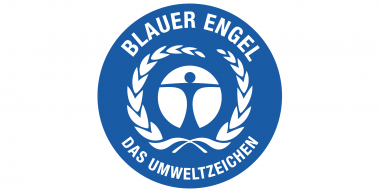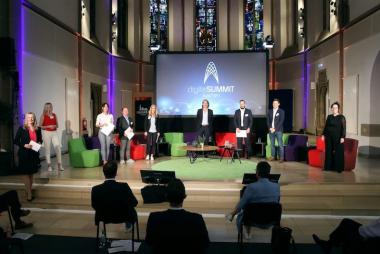INDA: “On-Demand” World of Wipes® 2021 Conference Program for purchase
INDA, the Association of the Nonwoven Fabrics Industry announces “On-Demand” video access to presentations recorded from the 2021 World of Wipes® (WOW) International Conference held July 12-15 in Atlanta. The high-quality program content includes sessions on: sustainability, market and consumer trends, industry policies and regulations, flushable wipes, and innovations in substrates, preservatives, and packaging. It also includes the product presentations and announcement of the World of Wipes Innovation Award® and of the presentation of the INDA Lifetime Technical Achievement Award. Each speaker’s presentation is approximately 30-minutes in length and includes Q & A’s recorded live following the session. The On-Demand WOW program content is available for purchase and viewing for 90 days by visiting https://www.pathlms.com/inda/courses.
Professionals interested in advancing their knowledge of the multi-billion dollar wipes market sector may purchase the entire program containing 31 speaker presentations, or select among nine individual sessions here or for more information visit https://www.inda.org




